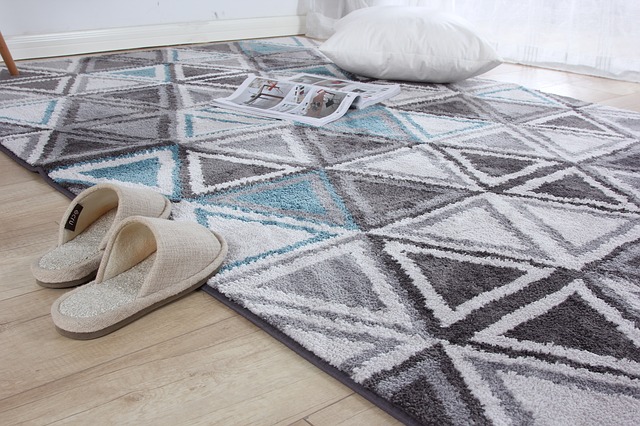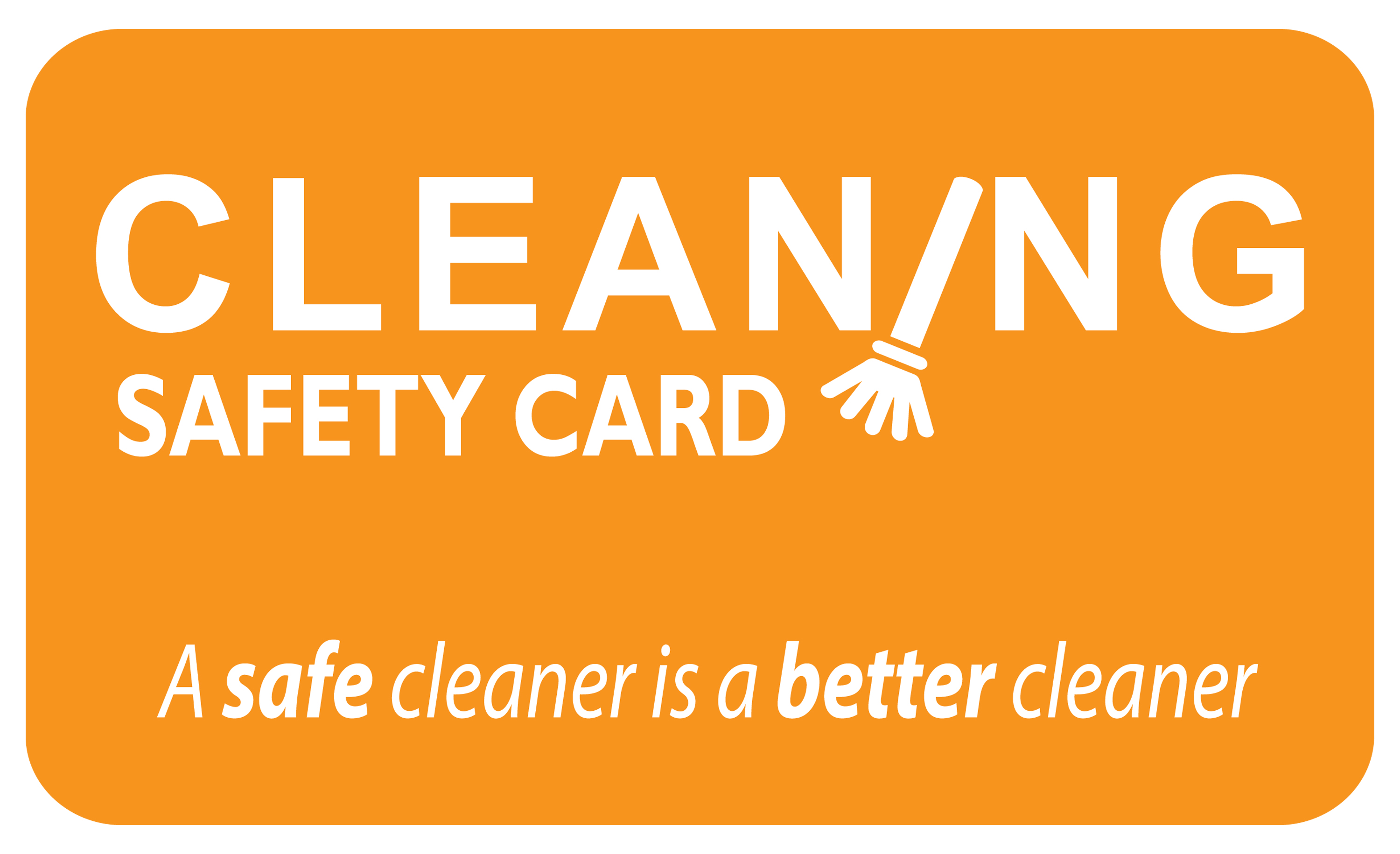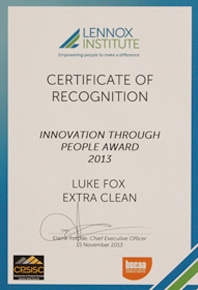
No matter how clean your home is, there will always be some germs around. They are in the air, in water, on the ground, on surfaces, on food and in plants, in our bodies and on animals. Most are harmless and your immune system is there to constantly fight against germ attacks.
Cleaning our home surfaces, carpet and furniture regularly will help to keep them at a minimum. Germs come in many different forms including; bacteria, viruses, fungi, protozoans and many more. Some are even good for us like the good bacteria we need in our intestines. But some can be harmful and can multiply quickly like the SARS-CoV-Virus.
How Long Can Bacteria and Viruses Live On Surfaces?
According to a March 2020 study looking at the Coronavirus, it can live for hours or even days on certain surfaces. Here are some results that were found after testing certain surfaces;
- Stainless steel and plastic; 72 hours
- In the air; 3 hours
- Copper; 4 hours
- Cardboard; 24 hours
What Factors Affect the Spread of Bacteria and Viruses?
Bacteria and viruses can be spread through contact with other humans or animals, by touching contaminated surfaces, coughing or sneezing and contact with infected food or water. There are certain factors which will determine how long bacteria and viruses survive on surfaces.
- The type of cleaning products you use. Bleach and alcohol based products will be more effective than a regular low quality cleaning product.
- How often you clean your hands. Washing our hands regularly will prevent bacteria build up.
- Is your home regularly disinfected? Are clothes, bed sheets and surfaces regularly cleaned?
- The type of surface. Bacteria and viruses will have different life spans on textured and hard surfaces.
Which Rooms Are More Prone to Bacteria and Virus Build Up?
While bacteria and viruses get everywhere, some studies have shown there’s a higher contamination rate in areas where food is prepared and stored. The National Sanitation Foundation (NSF) concluded that dish sponges and rags in kitchens had 75% more fecal matter, E-Coli and Salmonellaon them compared to faucet handles in bathrooms. So change those sponges regularly! Other areas to frequently clean are;
- Cutting boards
- Counter tops
- Refrigerator
- Kitchen sink
- Handles and switches
- Door knobs
- Tap faucets
- Toilets
A rule of thumb to battle viruses and bacteria in your home is to perform a thorough clean of all areas once a week. Daily, you should disinfect handles, knobs, surfaces, switches and anywhere that gets touched daily. Call professional cleaners in if you need a hand keeping up with a cleaning schedule.
If you have children or pets in your home, your carpets should be professionally steam cleaned at least twice a year. Bacteria can live deep down in the carpet fibres which vacuuming just doesn’t reach. Call ExtraClean for expert carpet cleaning in Brisbane.
Homes aren’t just the only place to create the perfect breeding ground for various germs and bacteria. Offices and work environments where people are working and interacting in close proximately to each other pose an even higher risk of spreading germs via contaminated workspaces. Therefore, regular and thorough office and commercial cleaning is required to ensure these areas are kept clean and hygienic. Just call on our experts for professional domestic and commercial cleaning solutions.



